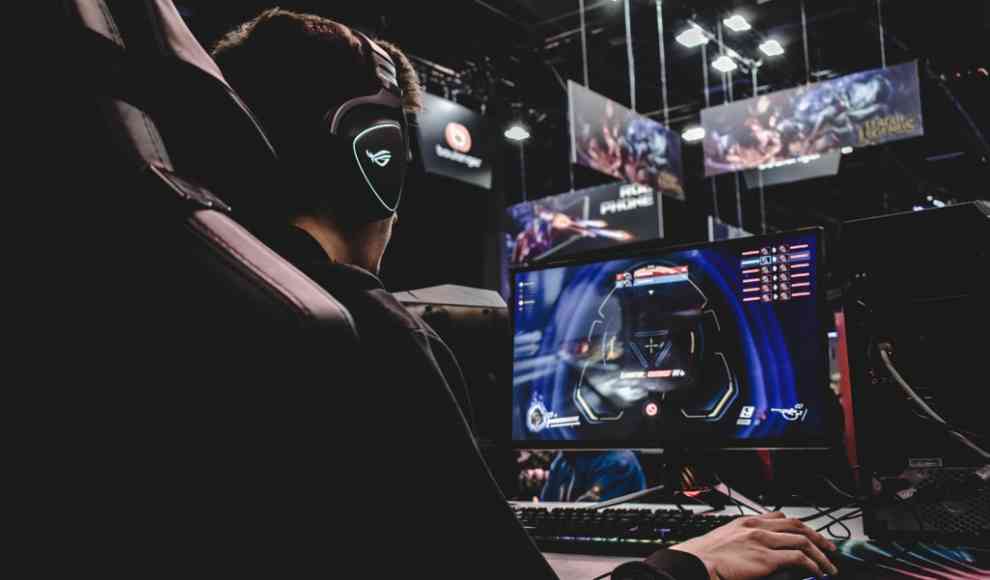The German Sports University in Cologne has raised concerns about the health consequences of gaming on e-sports players. According to their latest research, not only professional players but also amateur gamers are at risk of developing serious health problems due to a lack of physical activity and sleep. The study, conducted in collaboration with the health insurance company AOK Rheinland/Hamburg, surveyed 1,200 gamers about their gaming habits and health status. The results were alarming, with only half of the participants meeting the World Health Organization’s recommendation of at least 2.5 hours of physical activity per week.
The study found that professional players spend an average of 27.7 hours per week playing, while amateur players spend 28.5 hours per week and hobby e-sports players spend 21.8 hours per week. Many professionals play for 10 or more hours a day, with some even playing up to 100 hours per week. This lifestyle often leads to a lack of sleep, with the average player sleeping only 7.1 hours per night, significantly less than the national average of 7.75 hours. The study also found that many players have an unbalanced diet and do not eat enough fruits and vegetables.
Professor Ingo Froböse, head of the Institute of Movement Therapy and Rehabilitation at the German Sports University in Cologne, explained that playing video games can put a strain on the body and called for amateur players to reduce their gaming time and spend more time on physical activity. The university has provided simple exercises online to help gamers stretch and strengthen their often-strained wrists, but Froböse emphasized the importance of a well-rounded training program that includes exercises for the core muscles and endurance training.
The university is also working with the health insurance company to study the e-sports team of Borussia Mönchengladbach and develop targeted prevention programs. The hope is that by working with experts and well-known e-sports players, a healthier approach to gaming can be promoted. The study highlights the need for e-sports players to prioritize their health and well-being, and for the industry to provide better support and training programs for players.










